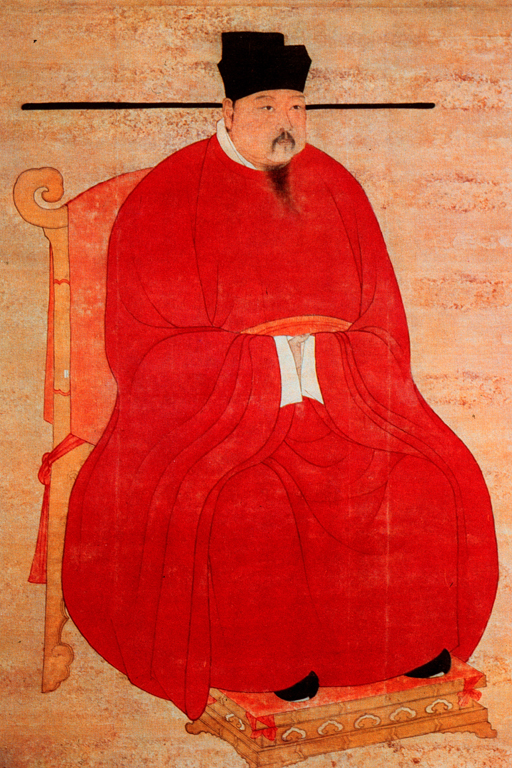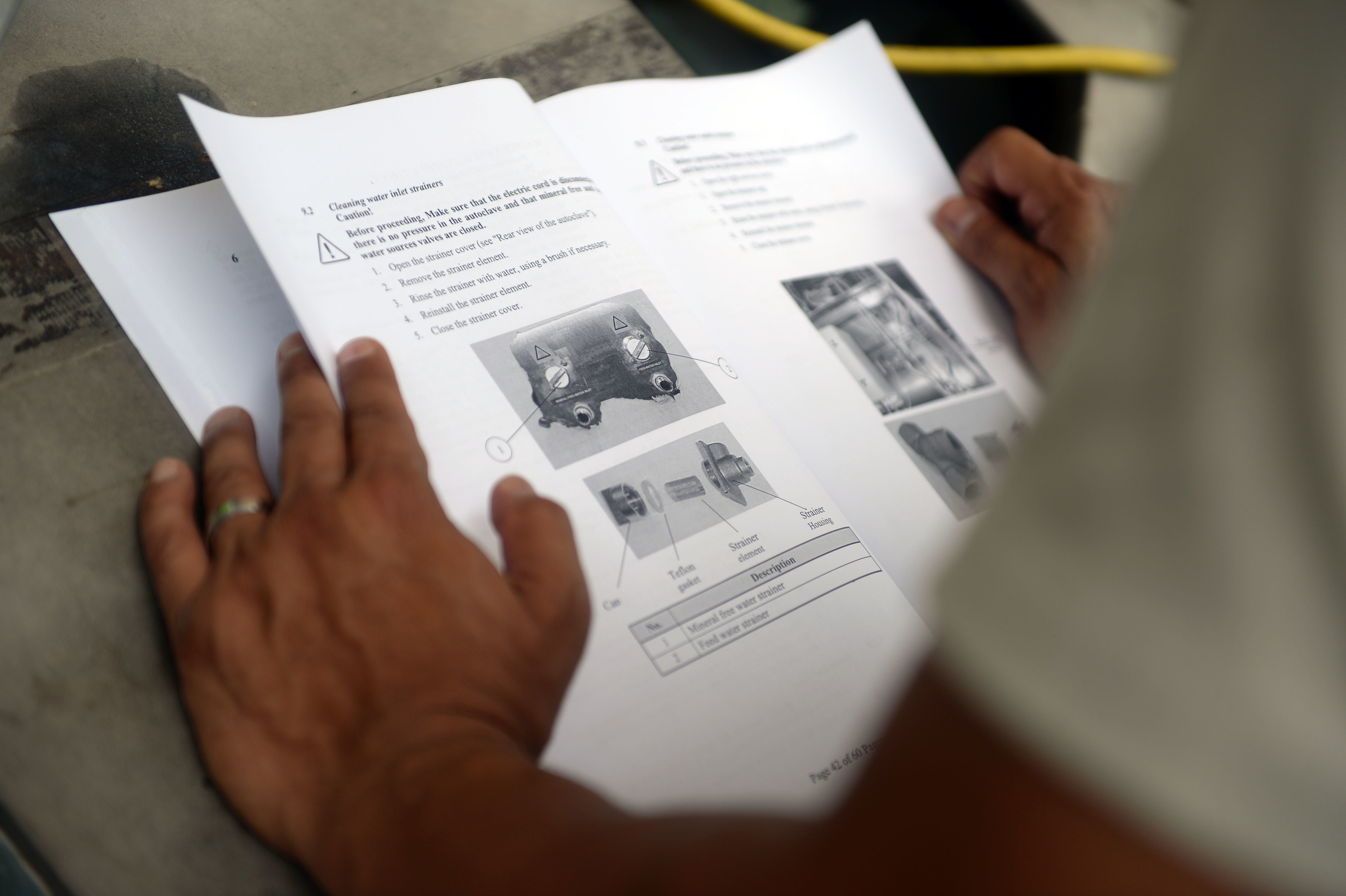|
Yunji Qiqian
The ''Yunji qiqian'' is a (c. 1029) anthology of the (1016) Taoist Canon, which the Taoist scholar-official Zhang Junfang compiled for Emperor Zhenzong of Song. The ''Yunji qiqian'' records many early Taoist texts that have been lost since the 11th century, and is an important resource for understanding medieval Taoism. History The ''Yunji qiqian'' compendium was a "byproduct" of editing the 1016 edition ''Daozang'' "Taoist Canon" – the ''Da Song tiangong baozang'' "Great Song Celestial Palace Precious Canon". In 1012, the Northern Song Emperor Zhenzong (r. 997–1022) ordered the compilation of a revised and enlarged Canon. He put Chancellor Wang Qinruo in charge of the project, selected ten Taoist masters, and ordered Perfect Qi Guan to oversee the compilation of the ''Daozang''. In 1016, the scholar-official Zhang Junfang (961?–1042?), who had replaced Qi Guan, completed the revised ''Da Song tiangong baozang'' edition, which comprised 4,565 ''juan'' "scrolls; volumes". ... [...More Info...] [...Related Items...] OR: [Wikipedia] [Google] [Baidu] |
Taoist Canon
Daozang (), meaning 'Taoist Canon', consists of around 1,400 texts that were collected (after the ''Daodejing'' and ''Zhuangzi'' and Liezi which are the core Taoist texts). They were collected by Taoist monks of the period in an attempt to bring together all of the teachings of Taoism, including all the commentaries and expositions of the various masters from the original teachings found in the ''Daodejing'' and ''Zhuangzi''. These three divisions were based on the main focus of Taoism in Southern China during the time it was made, namely; meditation, ritual, and exorcism. These Three Grottoes were used as levels for the initiation of Taoist masters, from lowest (exorcism) to highest (meditation). As well as the Three Grottoes there were Four Supplements that were added to the canon c. 500. These were mainly taken from older core Taoist texts (e.g. ''Daodejing'') apart from one which was taken from an already established and separate philosophy known as Tianshi Dao (Way of th ... [...More Info...] [...Related Items...] OR: [Wikipedia] [Google] [Baidu] |
Handbook
A handbook is a type of reference work, or other collection of instructions, that is intended to provide ready reference. The term originally applied to a small or portable book containing information useful for its owner, but the ''Oxford English Dictionary'' defines the current sense as "any book ... giving information such as facts on a particular subject, guidance in some art or occupation, instructions for operating a machine, or information for tourists." accessed 23 March 2017. A handbook is sometimes referred to as a '''' ( |
Chinese Academy Of Social Sciences
The Chinese Academy of Social Sciences (CASS) is a Chinese research institute and think tank. The institution is the premier comprehensive national academic research organization in the People's Republic of China for the study in the fields of philosophy and social sciences, with the obligation of advancing and innovating in the scientific research of philosophy, social sciences and policies. It was described by '' Foreign Policy'' magazine as the top think tank in Asia. CASS is under the auspices of the State Council of the People's Republic of China. It is the country's second oldest such institution, after the Shanghai Academy of Social Sciences in Shanghai. It also holds the Graduate School of Chinese Academy of Social Sciences and later become the University of Chinese Academy of Social Sciences. History The CASS was established in May 1977, based on the 14 research units of the Department of Philosophy and Social Sciences of the Chinese Academy of Sciences, with the aim ... [...More Info...] [...Related Items...] OR: [Wikipedia] [Google] [Baidu] |
Kristofer Schipper
Kristofer Marinus Schipper (23 October 1934 – 18 February 2021), also known as Rik Schipper and by his Chinese name Shi Zhouren (), was a Dutch sinologist. He was a professor of Oriental studies at Leiden University, appointed there in 1993. Schipper worked as researcher for École française d'Extrême-Orient and later taught as directeur de recherche in History of Daoism studies at the École pratique des hautes études in Paris. He was head of the Institut des Hautes Études Chinoises from the Collège de France. He also taught at Fuzhou University and Zhangzhou College. After his retirement he and his wife Yuan Bingling moved to Fuzhou (Fujian) in China. Early life and education Schipper was born in Järnskog, Eda Municipality on 23 October 1934. Schipper grew up near Edam, Netherlands. His father, Klaas Abe Schipper, was a Mennonite pastor, and his mother Johanna Schipper was a devout believer. The couple was declared “Righteous Among the Nations” by Israel’s Yad ... [...More Info...] [...Related Items...] OR: [Wikipedia] [Google] [Baidu] |
Lacuna (manuscripts)
A lacuna ( lacunae or lacunas) is a gap in a manuscript, inscription, text, painting, or musical work. A manuscript, text, or section suffering from gaps is said to be "lacunose" or "lacunulose". Weathering, decay, and other damage to old manuscripts or inscriptions are often responsible for lacunae - words, sentences, or whole passages that are missing or illegible. Palimpsests are particularly vulnerable. To reconstruct the original text, the context must be considered. In papyrology and textual criticism, this may lead to competing reconstructions and interpretations. Published texts that contain lacunae often mark the section where text is missing with a bracketed ellipsis. For example, "This sentence contains 20 words, and ..nouns," or, "Finally, the army arrived at ..and made camp." Notable examples See also * Unfinished work Unfinished may refer to: *Unfinished creative work, a work which a creator either chose not to finish or was prevented from finishing. ... [...More Info...] [...Related Items...] OR: [Wikipedia] [Google] [Baidu] |
Naming Taboo
A naming taboo is a cultural taboo against speaking or writing the given names of exalted persons, notably in China and within the Chinese cultural sphere. It was enforced by several laws throughout Imperial China, but its cultural and possibly religious origins predate the Qin dynasty. Not respecting the appropriate naming taboos was considered a sign of lacking education and respect, and brought shame both to the offender and the offended person. Types * The ''naming taboo of the state'' ( ''guóhuì'') discouraged the use of the emperor's given name and those of his ancestors. For example, during the Qin Dynasty, Qin Shi Huang's given name Zhèng (< B-S: *''teŋ-s'') was avoided, and the first month of the year, the ''upright month'' (; ''Zhèngyuè'') had its pronunciation modified to ''Zhēngyuè'' (OC B-S: ... [...More Info...] [...Related Items...] OR: [Wikipedia] [Google] [Baidu] |
Zhengtong Emperor
Emperor Yingzong of Ming (; 29 November 1427 – 23 February 1464), personal name Zhu Qizhen (), was the sixth and eighth Emperor of the Ming dynasty. He ascended the throne as the Zhengtong Emperor () in 1435, but was forced to abdicate in 1449, in favour of his younger brother the Jingtai Emperor, after being captured by the Northern Yuan dynasty during the Tumu Crisis. In 1457, he deposed the Jingtai Emperor and ruled again as the Tianshun Emperor () until his death in 1464. First reign Zhu Qizhen was the son of the Xuande Emperor and his second wife Empress Sun. At the beginning of the Zhengtong reign, the Ming dynasty was prosperous and at the height of its power as a result of the Xuande Emperor's able administration. The Zhengtong Emperor's accession at the age of eight made him the first child emperor of the dynasty – hence the Zhengtong Emperor was easily influenced by others, especially the eunuch Wang Zhen. At first, Wang Zhen was kept under control by his father ... [...More Info...] [...Related Items...] OR: [Wikipedia] [Google] [Baidu] |
Ming Dynasty
The Ming dynasty (), officially the Great Ming, was an Dynasties in Chinese history, imperial dynasty of China, ruling from 1368 to 1644 following the collapse of the Mongol Empire, Mongol-led Yuan dynasty. The Ming dynasty was the last orthodox dynasty of China ruled by the Han Chinese, Han people, the majority ethnic group in China. Although the primary capital of Beijing fell in 1644 to a rebellion led by Li Zicheng (who established the short-lived Shun dynasty), numerous rump state, rump regimes ruled by remnants of the House of Zhu, Ming imperial family—collectively called the Southern Ming—survived until 1662. The Ming dynasty's founder, the Hongwu Emperor (r. 1368–1398), attempted to create a society of self-sufficient rural communities ordered in a rigid, immobile system that would guarantee and support a permanent class of soldiers for his dynasty: the empire's standing army exceeded one million troops and the naval history of China, navy's dockyards in Nanjin ... [...More Info...] [...Related Items...] OR: [Wikipedia] [Google] [Baidu] |
Han Yu
Han Yu (; 76825 December 824), courtesy name Tuizhi (), and commonly known by his posthumous name Han Wengong (韓文公), was a Chinese essayist, poet, philosopher, and politician during the Tang dynasty who significantly influenced the development of Neo-Confucianism. Described as "comparable in stature to Dante, Shakespeare or Goethe" for his influence on the Chinese literary tradition, Han Yu stood for strong central authority in politics and orthodoxy in cultural matters. He is often considered to be among China's finest prose writers. Ming dynasty scholar Mao Kun () ranked him first among the " Eight Great Prose Masters of the Tang and Song". Biography Han Yu was born in 768, in Heyang (河陽, present day Mengzhou) in Henan to a family of noble lineage. His father worked as a minor official but died when Han Yu was two, who was then raised in the family of his older brother, Han Hui (). He was a student of philosophical writings and confucian thought. His family moved ... [...More Info...] [...Related Items...] OR: [Wikipedia] [Google] [Baidu] |
Li Shangyin
Li Shangyin (, 813858), courtesy name Yishan (), was a Chinese poet and politician of the late Tang dynasty, born in the Henei Commandery (now Qinyang, Henan). He is noted for the imagist quality of his poems and his "no title" () style of poetry. Li Shangyin has been frequently anthologized, and many of his poems have been translated into various languages, including several collections in English. Biography Li Shangyin was born about 812 or 813 CE, but the exact date is uncertain. His career was rough, and he never obtained a high position, either because of factional disputes or because of his association with Liu Fen (), a prominent opponent of the eunuchs. Historical background Li Shangyin lived at a time when the Tang dynasty was rapidly declining, after some two hundred years of glorious reign. Culturally, politically, and economically, the Tang was one of the great periods of Chinese history. The cosmopolitan capital of Chang'an was filled with traders from the Middle ... [...More Info...] [...Related Items...] OR: [Wikipedia] [Google] [Baidu] |
Li Bai
Li Bai (, 701–762), also pronounced as Li Bo, courtesy name Taibai (), was a Chinese poet, acclaimed from his own time to the present as a brilliant and romantic figure who took traditional poetic forms to new heights. He and his friend Du Fu (712–770) were two of the most prominent figures in the flourishing of Chinese poetry in the Tang dynasty, which is often called the " Golden Age of Chinese Poetry". The expression "Three Wonders" denotes Li Bai's poetry, Pei Min's swordplay, and Zhang Xu's calligraphy. Around 1000 poems attributed to Li are extant. His poems have been collected into the most important Tang dynasty poetry, ''Heyaue yingling ji'', compiled in 753 by Yin Fan. Thirty-four of Li Bai’s poems are included in the anthology ''Three Hundred Tang Poems'', which was first published in the 18th century. Around the same time, translations of his poems began to appear in Europe. The poems were models for celebrating the pleasures of friendship, the depth of nature ... [...More Info...] [...Related Items...] OR: [Wikipedia] [Google] [Baidu] |





